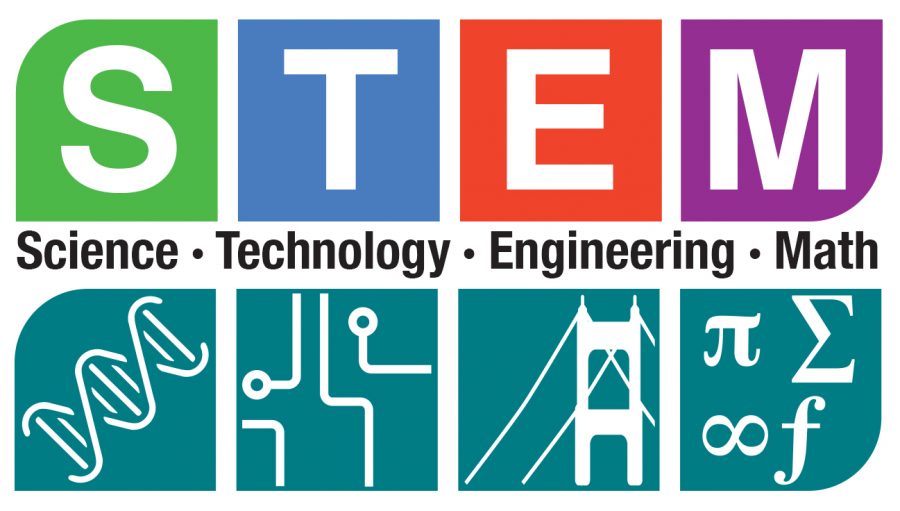The Future of STEM in the Classroom
November 28, 2017
Our generation idealizes and even venerates the ability to remain detached and to be an objective analyst. Aided by technology and science, rising generations make the world progress faster. We are stuck in a constant cycle of being aided by technology, needing to make more technology, and starting all over again. At such a pace, we must be very careful about the rights of individuals as potential far-reaching changes take place in the world that most people know.
There are infamous statistics regarding the future, and they depict life in a particularly bleak light if a person is not rightly equipped to handle new changes. In fact, 85% of the jobs that will exist in 2030 have not even been invented yet. Education is more essential now than it has ever been. Society will increasingly value how an individual handles information more than the amount of information that an individual can withhold.
In a rapidly changing environment, science will be key to training young adults to enter the workforce. Technology will break distant barriers by making it possible for people with the right skills to work on tasks for their jobs regardless of where they are located. This will narrow the gap between desired skills in a worker and actually hiring the right worker. With such a wide variety of possibilities, possessing the right set of skills can make all the difference for a person’s career.
A keen understanding of social science will be important for many roles as well- even though science allows for technology to make people more sedentary in a sense, it also increases competition by forcing competitors to enhance their social qualities as proof of their capabilities in addition to a set of skills.
For example, a future job that scientists see as a highly likely possibility is the profession as an aquaponic fish farmer. As industrial waste in the ocean and global warming make it harder for fish to thrive naturally in the sea, a human solution might be the alternative. This job exemplifies the struggle that people will face when coming up with solutions for a rapidly changing environmental conditions. Even though several people with the right amount of knowledge and social appeal may be in a pool of competitors, the person to conclude that a smaller-scale version of fish farming that takes fewer resources might have the best outcome. This version of farming, aquaponics, would combine fish farming with gardening, having plants grow over water with the fish living beneath them, and could definitely be a common job in a few years.
National organizations are already placing a focus in the importance of STEM education as the most vital tool for preparation of rising generations. Forbes said, “In addition to establishing schools such as the STEM Academy of Hollywood, the Los Angeles District, with 700,000 students, has placed a priority on providing access to STEM education for its students”.
Simply put, a STEM education will correlate with business, management of information, and interaction at the individual and state level. Therefore, it should be elevated as a national priority in order to properly address the ongoing issue of social vulnerability that results from technological advances.
In the end, the cornerstone of society is the ability to constantly match technology with people who are able to create the necessary updates. Advances in science can’t be developed without an educated and innovative workforce that has time to train itself and work elastically under pressure to create a future based on technology.
The rights of individuals to pursue their own course in life will be reasserted, and the most important thing to keep in mind as the world changes is to maintain and protect the rights of individuals in the midst of these changes, as they will shake the foundation of society’s beliefs to its very roots.


